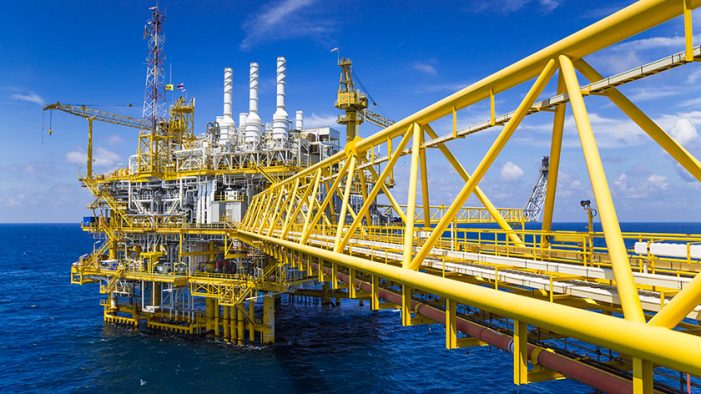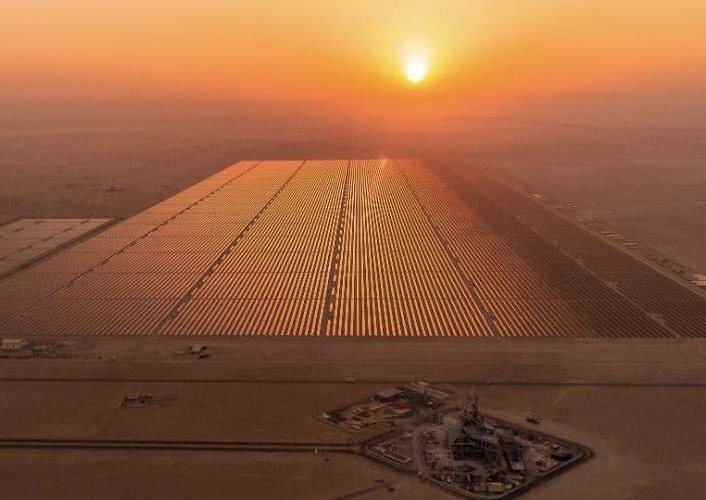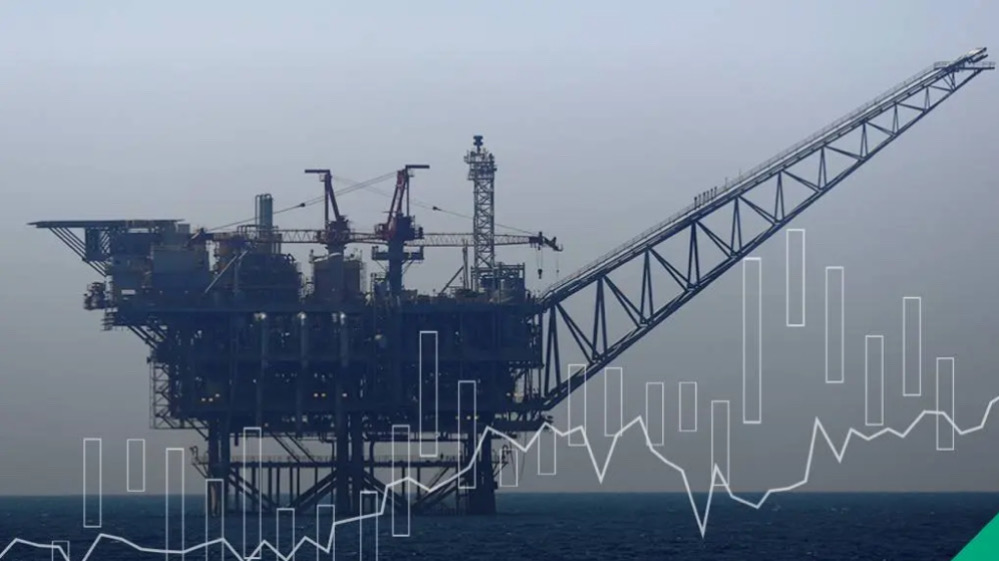Reports
Oil and gas in the capitals
Published on : 2019-11-14

The IMF defines subsidies two ways: 1) pre-tax subsidies, reflecting “differences between the amount consumers actually pay for fuel use and the corresponding opportunity cost of supplying the fuel;” and 2) post-tax subsidies, reflecting “differences between actual consumer fuel prices and how much consumers would pay if prices fully reflected supply costs, plus the taxes needed to reflect environmental costs and revenue requirements.” IMF estimated that pre-tax subsidies totaled $269 billion, and post-tax subsidies totaled $5.2 trillion.
Immediately, there is a problem. IMF estimates differ by more than 19-fold, and the pre-tax subsidy is only 5.1% of the post-tax subsidy. Any report with “subsidy” estimates that differ nearly 20-fold must be viewed with suspicion.
Post-tax subsidies get even worse. One of the largest is (naturally) externalities due to climate change and the failure to tax CO2 emissions. At an IMF value of $40/ton, this “subsidy” totals $1.2 trillion. However, the discredited U.S. Interagency Working Group (IWG) estimates of the Social Cost of Carbon (SSC) varied widely between $14/ton and $154/ton. Using IWG’s high estimate, this subsidy cost is $4.8 trillion, not $1.2 trillion. But using IWG’s low estimate, the cost is $428 billion. Thus, the subsidy cost may range between $428 billion and $4.8 trillion, a more than 11-fold difference. Reductio ad absurdum.
Another onerous IMF subsidy is undercharging for transportation fuels, which is “pervasive with prices frequently falling short of their efficient levels by over 20%.” This has two problems. First, who defines “efficient” price levels? Second, more serious, most of this undercharging is in developing nations and is a form of economic assistance. It’s not the most desirable method of helping the poor, but fuel price increases often lead to social disorder, even in France.
Even more far-fetched, another IMF post-tax fossil fuel subsidy results from non-carbon externalities (congestion, accidents, air pollution, road damage) for vehicles. The cost of fixing these (including road damage) is defined as a subsidy to oil companies. Thus, the next time you see workers filling potholes, IMF says they’re not improving transportation; rather, they’re really subsidizing Exxon and Chevron! When your city council votes to increase road O&M funds, they’re actually subsidizing Shell and BP!
Carrying IMF logic even further, we should re-define food assistance to undernourished persons as a subsidy to farmers, re-define medical assistance to the poor as subsidies to hospitals, housing assistance as subsidies to the building industry, etc. Thus, IMF post-tax subsidy estimates are ludicrous.
What about the $269-billion pre-tax subsidies? The pre-tax subsidy concept is closer to economists’ definition of an actual subsidy, e.g. targeted energy R&D, grants, tax incentives, etc. Interestingly, Fig. 1 shows that pre-tax subsides have been decreasing, while the theoretically absurd post-tax subsidies have been increasing. Unfortunately, IMF does not list pre-tax subsidies by country, so it is impossible to compare these to estimates for the U.S.
Fossil fuels, as well as other fuels and industries, benefit from targeted incentives. However, two points: One, in the U.S., renewable energy receives more than five times the subsidies received by oil and gas. If based on energy produced, the ratio exceeds 100-to-1. Second (more important), IMF considers every conceivable cost or negative externality to be a fossil fuel subsidy, but never mentions the benefits provided by fossil fuels. Thus, IMF’s analysis is all costs and no benefits.
Fossil fuels produce air pollution, which has a cost. But they also produce the incredible benefits that have produced and maintained modern, advanced technological society. They produce the abundant, affordable, reliable energy upon which the world will continue to depend. Absent fossil fuels, we would live in the equivalent of the 1700s, a brutal, short life. Without fossil fuels, wind and solar energy systems cannot be produced, and electric vehicles cannot be manufactured or powered.
Many things are produced from fossil fuels, ranging from
plastic and asphalt to anesthetics, floor wax, pesticides and shampoos.
So, the next time you pass road workers, they really are enhancing your
safety and convenience; they are not subsidizing oil companies.







